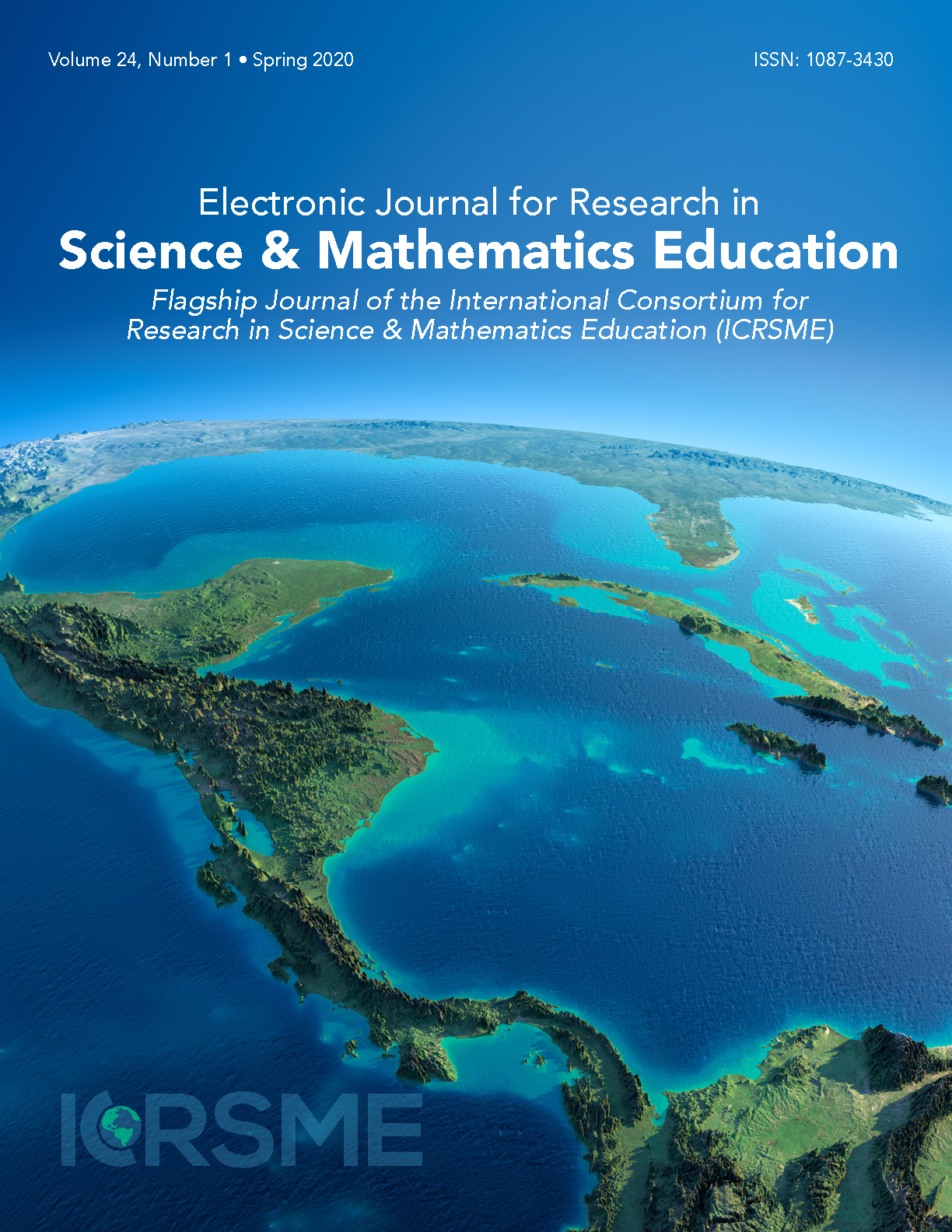Assessing Student Knowledge, Values, and Personal Experience to Determine Associations with Socioscientific Reasoning
Main Article Content
Abstract
Socioscientific issues, issues that center on the intersection between scientific and social problems in real-world contexts, are valuable tools to use in science instruction due to their association with gains in scientific literacy, argumentation skills, and content knowledge. However, due to their complex nature, teaching using socioscientific issues may be challenging for many teachers. Chang Rundgren and Rundgren (2010) have theorized that students will use their knowledge, values, and personal experiences (KVP) when they negotiate a socioscientific issue, thus, finding ways to capitalized on the KVP students bring to the classroom many help students achieve the gains associated with instruction using socioscientific issues. This paper outlines the development of an instrument to assess KVP associated with socioscientific issues. The purpose of this instrument is to provide a tool that teachers and may use to assess KVP so that they can promote the aspects KVP in their classrooms based on student performance on the instrument. Implications for teacher educators and researchers in science education are also discussed.
Article Details
© 2025 Electronic Journal for Research in Science & Mathematics Education (EJRSME)
